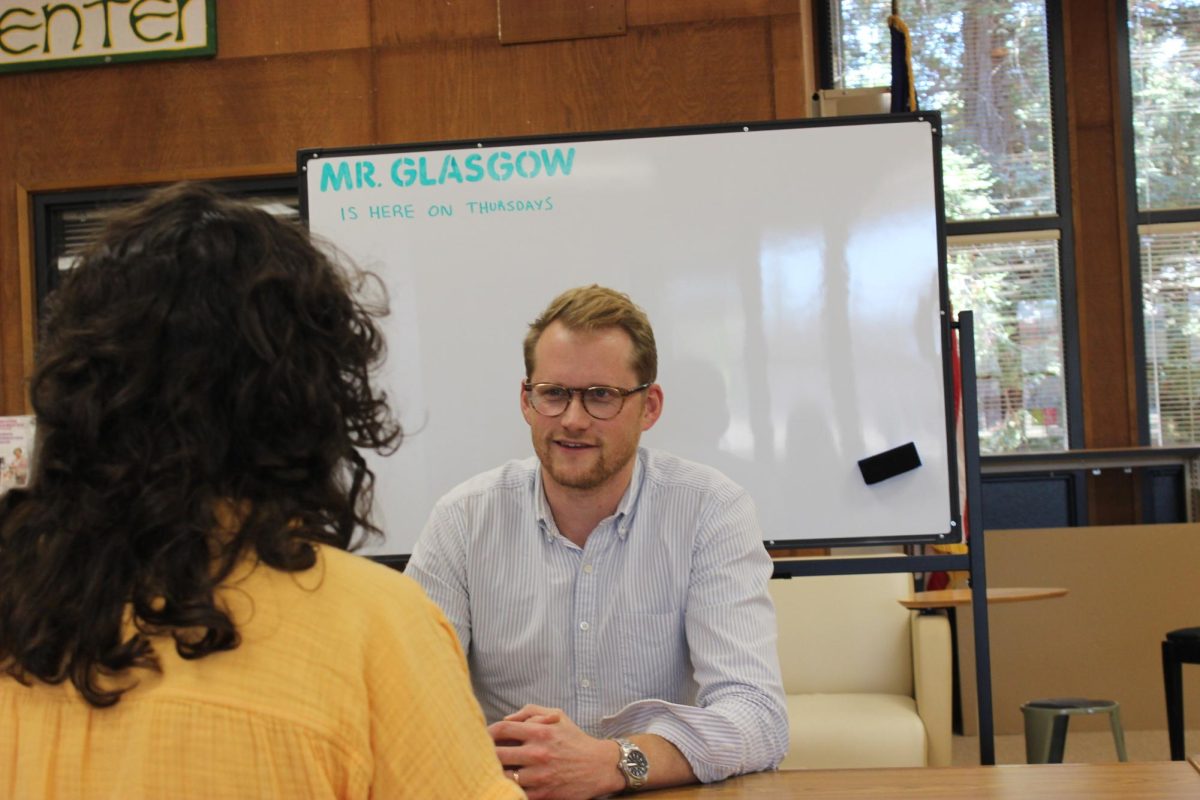“You have to get good grades so that you can get into college after graduation” is one thing high school students commonly hear. The post-college idea is something students feel holds an influence regarding their hopes, dreams, and aspirations after high school. Many go straight to college, while others choose a more unexpected path, according to society’s standards.
Students shared that from the second they walked into their first class freshman year, they were bombarded with the expectation to do everything during high school to get into college. Yet, students also live in a country where “nearly two-thirds” of Americans do not have a four-year college degree, Michael J. Sandel’s Disdain for the Less Educated Is the Last Acceptable Prejudice, reports.
It is believed that there is an ongoing cycle of college-education teachers influencing high school students to pursue higher education, as it is the only route they were exposed to. STEM teacher Nick Williams believes that this so-called cycle takes place because it is what teachers have personally experienced.
“We have so many adults on campus pushing college to students because it is the route we all took,” said Williams. “It is what we are able to talk about and elaborate on because we experienced it.”
Students are consequently given very little exposure to non-traditional post-graduation options, with emphasizing sole attendance to a four-year college or university.
While “traditional” postgraduate routes work for most, according to San Marin’s school profile, 19% of San Marin students who graduated in 2021 chose to take alternative routes. These included trade school, the military, or and full-time work.
Senior Omar Magaña, who is joining the Marine Corps in Aug. 2022, shared that some of the feedback he has received regarding his plans has not been positive.
“Teachers have always tried to persuade me to go to college, but I realized during my time at San Marin that college doesn’t have what I am looking for right now,” Magaña said.
Magaña’s plans to join the military came as he wanted to test himself in ways that college wouldn’t necessarily do.
“I was always told that you have to go to college to be successful, but I’ve learned that other options will deliver different types of success,” Magaña said. “Joining the Marines will test me physically and mentally. On top of that, I will learn life skills that I wouldn’t be able to learn in college.”
Counselor Caroline Hoj believes the focus schools attach to preparing students solely for college is a product of the past.
“Schools focus on helping students prepare for and attend college because, in the past, that has traditionally been one of only a few ways to obtain a career,” said Hoj.
Senior Jamey Schnasse, who is taking a gap year after high school, believes by staff stressing the importance of going to college, increasing pressure has been placed on students with alternative plans.
“The stigma is fueled by teachers who make it obvious that they believe that a students’ success will ultimately be achieved through higher education,” Schnasse said.
Hoj has high hopes for a future where there is no stigma associated with students who choose not to pursue higher education through college.
“More awareness and exposure to trade/certificate programs will help [lessen] the stigma of students who do not plan to go to college,” said Hoj.
Hoj shared that Marin County is pushing for more career-minded education for students who do not plan to go to college. The goal is to orient students towards pursuing their passions after high school, rather than pursuing what is expected of them.




























